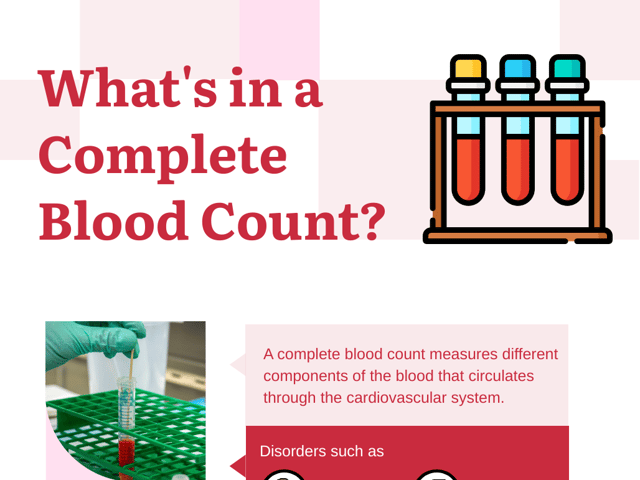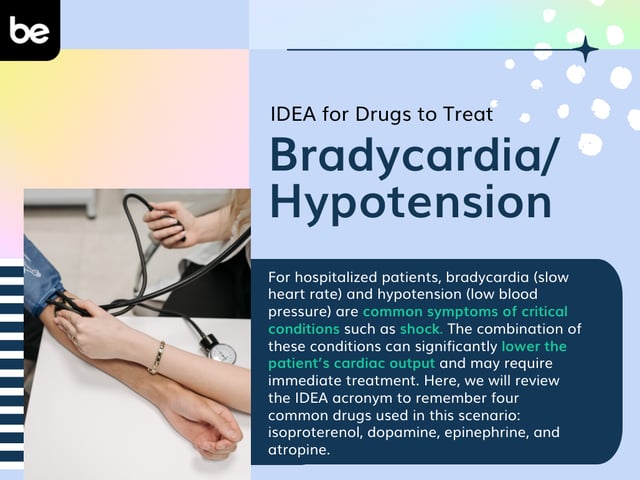
What’s in a Complete Blood Count?
Laboratory studies are used in health care to help determine the inner working of the body. A complete blood count measures different components of the blood that circulates through the cardiovascular system. Disorders such as infection, anemia, autoimmune disorders, bone marrow disorders, and leukemia can be assessed for, diagnosed, and managed with complete blood count results.
What Blood Components Are Counted?
Blood consists of several components including red blood cells, white blood cells, and platelets. The complete blood count identifies the levels of each of these components as well as the client’s hemoglobin and hematocrit. Red blood cells carry oxygen to cells. White blood cells help to fight infection. Platelets are used by the body to help the blood clot when injured. Hemoglobin is a part of the red blood cells and is the protein that carries oxygen through the body. Finally, hematocrit is the percentage of red blood cells to whole blood content.
What Are Normal Results?
When reading a complete blood count, one must understand the range of normal results for each component. Normal ranges vary for men and women in the measurements for the red blood cells, hemoglobin, and hematocrit. The normal range for white blood cell count and platelets are standardized among all people. Below, the normal ranges are noted for each component of the complete blood count.
- White blood cell count—3400-11,000/\(mm^3\)
- Red blood cell count—Male: 4.3-5.9 million/\(mm^3\); Female: 3.5-5.5 million/\(mm^3\)
- Platelet count—150,000-400,000/mL
- Hemoglobin—Male: 13.5-17.5g/dL; Female: 12-16 g/dL
- Hematocrit—Male: 41-53%; Female: 36-46%
Note: Some minor variance may be seen among normal ranges based on different sources. These levels were obtained from https://www.ncbi.nlm.nih.gov/books/NBK2263/table/ch1.T1/
Complete blood counts are critical to managing clients and their health conditions. Knowing the basic components of the test and expected values of each measurement is necessary as a nurse.

Keep Reading

National Council Licensure Examination-Registered Nurse Blog
What to Expect in Nursing School Clinicals
The clinical experience is a rite of passage for all nursing students, …

National Council Licensure Examination-Registered Nurse Blog
What is the NCLEX Next Generation (NGN) Exam?
If you’re interested in becoming a registered nurse, you likely know th…

National Council Licensure Examination-Registered Nurse Blog
IDEA for Drugs to Treat Bradycardia/Hypotension
For hospitalized patients, bradycardia (slow heart rate) and hypotensio…